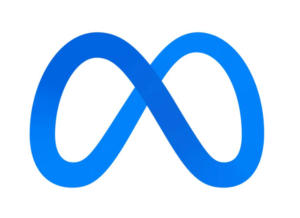#TRON #SEC #CryptoRegulation #JustinSun #DigitalAssets #Blockchain #Cryptocurrency #LegalDisputes
The recent maneuvers by TRON, its founder Justin Sun, and the associated company Rainberry to quash a lawsuit brought forth by the United States Securities and Exchange Commission (SEC) underscore a pivotal skirmish at the heart of digital asset regulation. At stake are the definitions and jurisdictions that govern the burgeoning cryptocurrency market, a sector that transcends traditional borders and regulatory frameworks. The defendants argue that the SEC’s allegations, which accuse them of offering or selling digital assets to US residents without proper registration, are unfounded, emphasizing that all transactions were executed overseas. This defense not only challenges the SEC’s jurisdictional reach but also highlights the ongoing saga of regulatory ambiguity that plagues the global digital asset market.
The crux of TRON’s argument against the SEC’s lawsuit is twofold: the international nature of its operations and the vague regulatory environment surrounding digital assets. The defendants posit that as entities based in Singapore operating outside the United States, without American offices or employees, the SEC’s grip falls short of a global mandate. This stance is part of a broader narrative prevalent among digital asset creators and blockchain innovators who struggle to operate within an unclear regulatory framework. The dismissal request cites a significant lack of clarity on when a token classifies as a security, what compliance looks like for token creators, and how foreign entities fit into the regulatory puzzle set by US laws. This ambiguity, according to TRON and co-defendants, risks not just the operational viability of entities like theirs but destabilizes the entire global digital asset market.
This case is emblematic of the larger tensions between digital asset entities and regulatory bodies like the SEC. The lawsuit’s roots can be traced back to March 2023 when the SEC accused Justin Sun and related foundations of engaging in the sale of unregistered securities through their TRX token Initial Coin Offering (ICO) in 2017. The aggressive enforcement stance of the SEC in 2023, with a record 46 enforcement actions related to cryptocurrency, illustrates the intensifying scrutiny on the crypto market. TRON’s current legal challenge against the SEC not only represents a significant battle in the war over digital asset regulation but also serves as a critical test case for how international blockchain projects can navigate the complex web of US securities laws. The outcome of this legal battle could set precedents impacting the global digital asset industry, influencing both regulatory approaches and the future operations of international crypto entities.






Comments are closed.